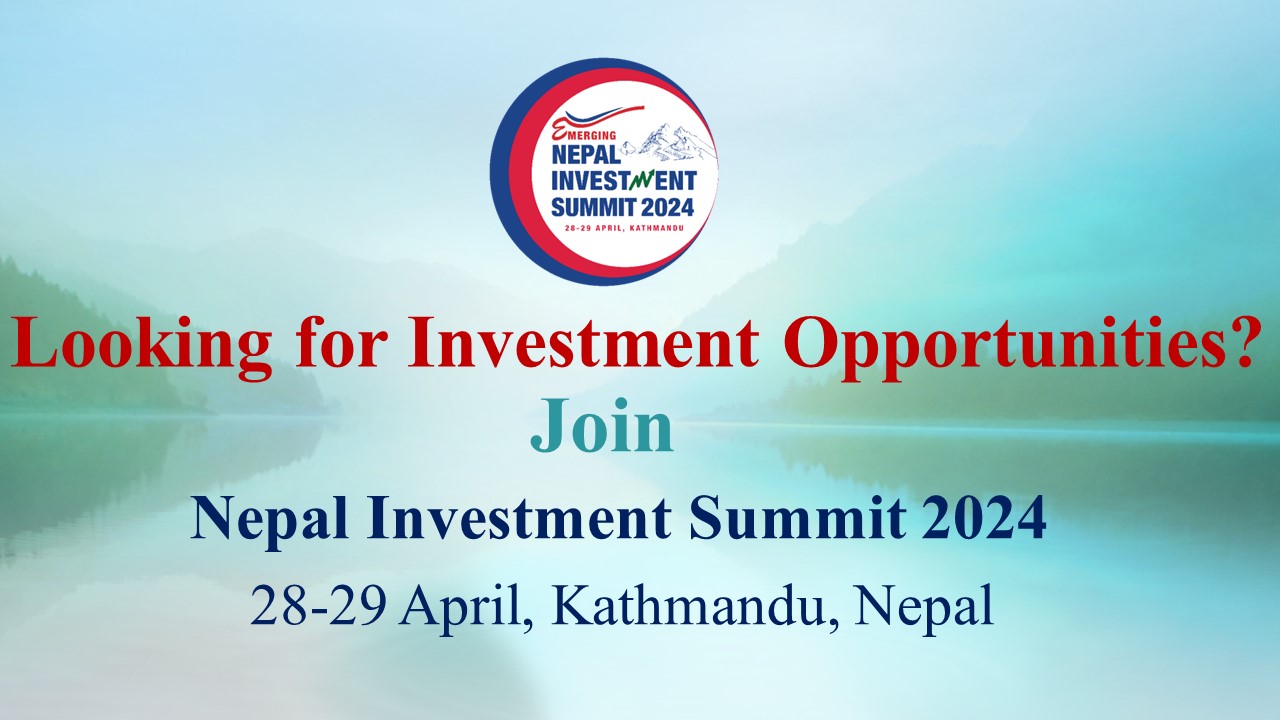Mr. President, Madame Director-General, Hon’ble Ministers, Excellencies, Distinguished Delegates, Ladies and Gentlemen,
Let me begin by congratulating you, Mr. President, on your election to preside over this august assembly. My delegation assures you of full support for successful completion of the assembly.
My delegation expresses its sincere appreciation to the Director General of WHO for her able and visionary leadership in serving this Organization.
Mr. President,
As this august House is aware, a devastating earthquake struck Nepal on April 25, 2015. This big quake coupled with subsequent repeated aftershocks has had a big toll on life, property, infrastructure, heritage and the ambient natural environment. More than 8,600 people have lost their lives so far, over 22,000 sustained injuries, many are still missing. Over a million people are left homeless. Around eight million people have been badly affected. In this deadliest disaster in several decades, entire villages lie flattened across many hard hit districts, and trails of destruction are visible across the historic buildings, including World Heritage Sites in the Kathmandu Valley. Several public buildings have collapsed, including more than a thousand health facilities, leaving great challenges in the delivery of basic services.
Mr. President,
The Government of Nepal, in its immediate response to the disaster, mobilised search and rescue operations with the support of national and international expert teams. I personally visited the hard hit areas, met the people on the ground and oversaw the relief and rescue activities. It was so painful to see the loss of so many lives amidst the heart-rending cry of the victims, especially children, women and the elderly.
Looking at the high scale and magnitude of the devastation, it would have been beyond our means and capacity to handle the immediate needs of search, rescue and relief works had we not received generous support from the international community. The Government of Nepal expresses sincere thanks to the players of global community – our friends, neighbours, WHO, including SEARO, and other international agencies, for the prompt and generous responses. As a country beset with difficult geography, low income and limited resources, limited human capacity and other difficulties of transition, we are trying our level best to tackle the emerging challenges.
Mr. President,
Despite its heavy engagement with the peace process following the decade-long conflict, Nepal has made significant gains in the health sector. We achieved remarkable success in reducing child and maternal mortalities; also reduced poverty and hunger, and improved several other health indicators within the limits of our resources.
Building a resilient health system is vital for the delivery of quality health services in any situation. It becomes further critical when confronted with situations of unprecedented natural disasters such as the one we faced in Nepal and the outbreak of diseases like the Ebola in western part of Africa.
However, in the wake of this disaster, the vulnerability of the health system has increased further. With more than 90% of the health facilities destroyed or damaged in the highly affected districts, and logistics chains severely damaged, we are facing disruption in primary health care services.
Mr President,
Resumption of effective primary health care in the affected areas is therefore our top priority at this point of time, among others. With the monsoon season approaching, there is an urgent need to focus on sanitation and hygiene to prevent potential outbreaks of infectious diseases, and ensure preparedness to confront with health consequences of landslides and floods. Victims suffering from trauma are to be provided with community rehabilitation and psychosocial support.
It is important to review how the current health system could be revamped to respond to the magnitude of today’s crisis, and how to make it more resilient to potential multiple shocks and vulnerabilities.
Mr. President,
We believe that acting together and supporting the inclusive efforts of the Government can lead to solutions to most existing problems. An assessment of the needs and working to deliver on them for results on the ground is essential:
- We are committed to revitalize all public health facilities with necessary logistics and human resources. There is a need to rebuild these facilities wherever they have been destroyed, providing services from temporary arrangements in the mean time.
- We note that investment in health can foster overall economic progress, promote peace and stability, and sustain the development gains. Improving health and wellbeing of people is therefore going to be an important part of the nation-building strategy.
- No society is disaster secure in this world. However, we can remain better prepared and be responsive to effective mitigation of the shocks of natural disasters, climate change or any outbreak of pandemic diseases.
- Quality of care cannot be compromised in any situations. Greater attention should be paid to establish efficient surveillance systems, and developing international, regional, national and local capacities. It is vital to ensure greater engagement of local communities and rebuilding trust with public institutions towards this end.
- While developing resilience to the health consequences of disasters, equal attention is required to address the challenges posed by communicable and non-communicable diseases.
Mr President,
No doubt, Nepal needs greater mobilisation of national and international resources to tackle this situation. We note that nothing can surpass the essence of further enhancing strategic partnerships with global community in this context, and we continue to foster on it.
We sincerely appeal to the global community for generous support to rebuild our nation and put a resilient health system in place. We attach value to solidarity, unity and togetherness with our international partners at this critical time.
We are confident that with all your support we will recover and rebuild our nation with a vibrant health system that responds to the needs of our people in an efficient manner.
Once again, I would like to thank the global community for your kind words of sympathy and solidarity and your generous support to us. Let us allow our future generations to secure the health dividend of our actions today!
Thank you!

